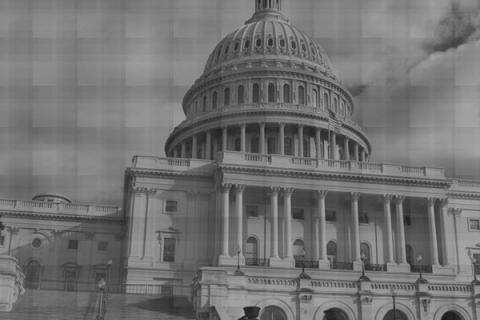A recent poll conducted by the Mason-Dixon Polling and Research Firm, found most Floridians support the controversial "Stand Your Ground" self-defense law.
Eight hundred registered Florida voters were polled and most are likely to vote in November's presidential election. More than 64% of the voters agreed that the state's 2005 "Stand Your Ground" law should remain the same.
According to the poll, 18% of Floridians would like the law to be repealed, 16% would like the law to be modified, while 2% are not sure.
The "Stand Your Ground" law in Florida allows for a person to use force in self-defense when there is a reasonable threat. The law has received critical attention nationwide after the recent Trayvon Martin controversy. On February 26, 2012, George Zimmerman, a 28-year-old neighborhood watch coordinator shot 17-year-old Trayvon Martin at point-blank range.
In regards to the Trayvon Martin shooting, voters seesaw between whether George Zimmerman was acting in self-defense or not.
Questions from critics and local residents arose following the tragedy as to the application of the "Stand your Ground" statute. Critics say the law has allowed criminals to escape justice, and that it is not applied fairly to all races.
"Only 6 percent of black voters believe Zimmerman was acting in self-defense, while 82 percent said he was not, the poll found. Hispanics were the most likely to agree with Zimmerman’s self-defense claim, with 52 percent saying he was justified, compared to 50 percent of whites," according to the Miami Herald.
In addition to calls to rewrite the "Stand Your Ground", Trayvon’s parents, Tracy Martin and Sybrina Fulton, are working closely with Second Chance on Shoot First campaign, New York City Mayor Michael Bloomberg, the NAACP and the National Urban League in order to argue the conditions of the law. They argue that those who initiate a confrontation should not be protected under the "Stand Your Ground" law.
They have presented a petition to the state task force with more than 300,000 signatures demanding changes to the law.

